Building digital collections for community access at Cape Ann Museum
The Cape Ann Museum in Gloucester, Massachusetts, preserves and showcases Cape Ann’s rich history. Since 1875 it has been a key resource for those interested in the region's industrial, social, and maritime history. Through its extensive collection of artefacts and archives, the museum fosters appreciation for Cape Ann’s quality of life, past and present. The museum’s mission is to engage the community through its programs and encourage exploration of local heritage.
Cape Ann Museum’s Library Archives, a treasure trove for anyone interested in the industrial, social, and maritime history of the region, had been accessible only via on-site, keyword-searchable catalogs. The outdated system, which included handwritten entries and rudimentary data entry methods, was not conducive to modern research needs. Researchers and the curious public alike could only access these resources on-site, limiting the museum’s reach and engagement.
Additionally, the inherited systems were challenging to update with significant portions of metadata either missing or obsolete. The old system couldn’t support online access and the museum struggled to preserve and clean up this valuable information for future use.
Create your own guidelines
To overcome these challenges, the Cape Ann Museum turned to Quartex to provide enhanced access and usability for historical archives.
Bringing Quartex onboard prompted the museum to systematically name and organise their collections, thereby enhancing both accessibility and description. Their systematic approach not only improved the efficiency of their archival processes but also made it easier for researchers and the public to engage with the museum’s vast array of artefacts and documents.
Community involvement
Quartex’s community forums and knowledge base played a pivotal role in this initial cleanup.
We were building the aeroplane as we flew and managing archives, interns and volunteers to do this work. So one of the main challenges was how are we going to figure out how to do this? The community forum at Quartex was a big help with that, and the knowledge base and customer support mitigated a lot of our migration challenges.
The museum utilised the advanced capabilities of Quartex to create enhanced metadata records that served as comprehensive catalogue entries. These records allowed users to search for specific items with greater ease and precision. Additionally, they highlighted significant local events and places thereby enriching the community’s historical narrative and providing a deeper understanding of its cultural heritage. This improved accessibility for researchers and enthusiasts but also fostered a stronger connection between the community and its shared history.
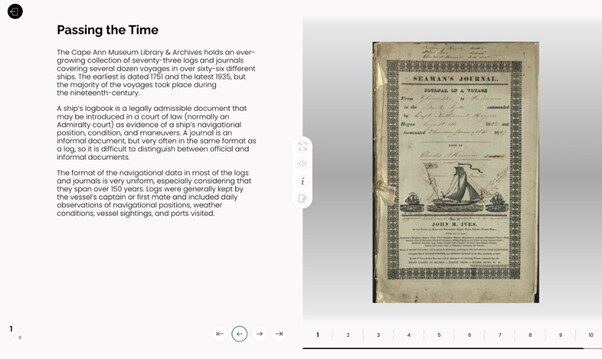
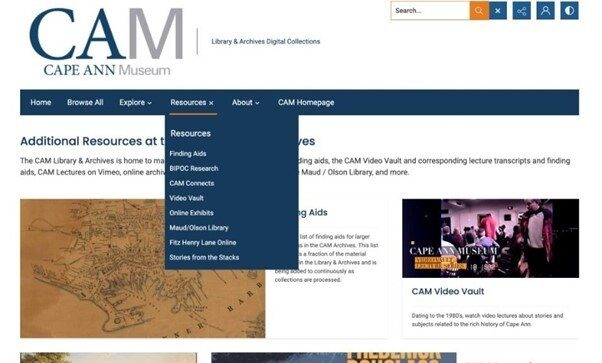
Trenton Carls, Head Librarian and Archivist notes “there’s St Peter’s Fiesta, a huge local event, but you don’t see this in any other materials at other places because it’s very specific to Cape Ann. So really being able to dig in and highlight these things has been a big bonus of Quartex.”
Using Quartex’s advanced cloud-based platform, the museum involved community volunteers in cataloguing efforts and capitalised on local knowledge to enrich the archive. This collaborative effort not only enhanced the collection with community knowledge and expertise but also fostered a sense of shared responsibility and engagement among participants. The museum’s initiative showcased the power of technology in preserving cultural heritage while building stronger community ties.
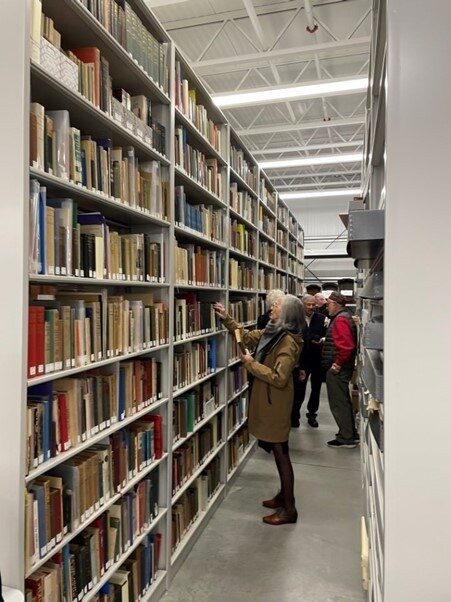
We found it on our end to be something that was extremely intuitive and easy to use [...] and to train interns and volunteers to do as well.
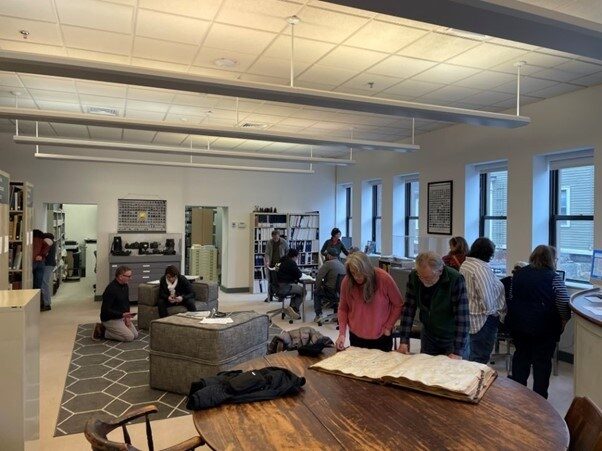
Preservation and access
The museum leveraged Quartex to create small digital exhibits, showcasing the work of photographers whose materials were not included in physical exhibits. This allowed for a more comprehensive storytelling experience and highlighted the diverse range of the photographers. Furthermore, the use of this digital exhibit enriched the overall experience for visitors, ensuring a more comprehensive representation of the museums collections.
By digitising fragile materials and linking them to their corresponding finding aids, the museum ensured the preservation of delicate items while still promoting access. This balance between preservation and accessibility was a key aspect of the museum’s strategy.
Catherine Miller explored this further “we have a lot of very fragile things that are highly requested, and as librarians and archivists we’re promoting access, but we also need to think of the wearing on the materials. So being able to do something like this and allow people to use it in this sense while not damaging it is one of the foremost things on our minds.”
A notable example of this application at the Cape Ann Museum is the popular Sea Serpent Scrapbook and in the past visitors often requested to view it in person. Now, thanks to its complete digitisation it is accessible online. This advancement allows the museum to display the original scrapbook while enabling the education department to utilise the digital version in classrooms, creating an innovative and engaging experience for students.
It’s a really unique and useful way of doing things. The flexibility is wonderful, because it’s not just a straight DAM system. We’ve really enjoyed that.
Insights and tracking
The tracking available on Cape Ann Museum’s Quartex site has allowed for evaluating user engagement and providing detailed insights into the geographic and demographic reach of the archives. This offers easy access to comprehensive statistics and helps in promoting the continued use of the platform.
Catherine notes that “within seconds we were able to pull up the different countries that are accessing the site, the number of people who are who are visiting and which search terms. So, it’s easy stats to reference which has been great for the continued promotion of its usage.”
New projects in the pipeline
The centralised system has significantly streamlined the museum’s workflow, making it much easier to manage and promote their extensive collections.
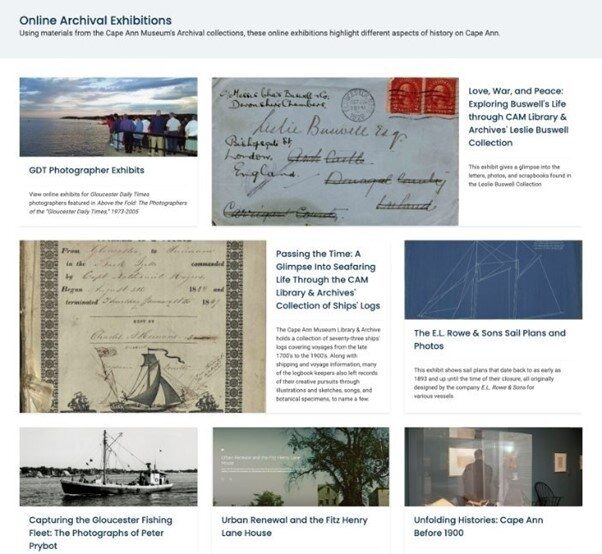
The staff have remarked on their increasing efficiency in locating materials and how the positive effect of Quartex is filtering throughout the whole museum. For example, the marketing team can effortlessly search through photo archives to find images that align with upcoming pamphlets and program lists.
The implementation of Quartex has also allowed for more efficient cataloguing, improved communication among staff, and enhanced public access to information about exhibits and events. As a result, the museum can now focus more on curating and expanding their collections, ultimately providing visitors with a richer and more engaging experience.
Trenton Carls concluded that the Cape Ann is looking to digitise further with an “increased interest in digitising all of our holdings. We’re working on our art and artefacts collections at this very moment.”
Recent posts
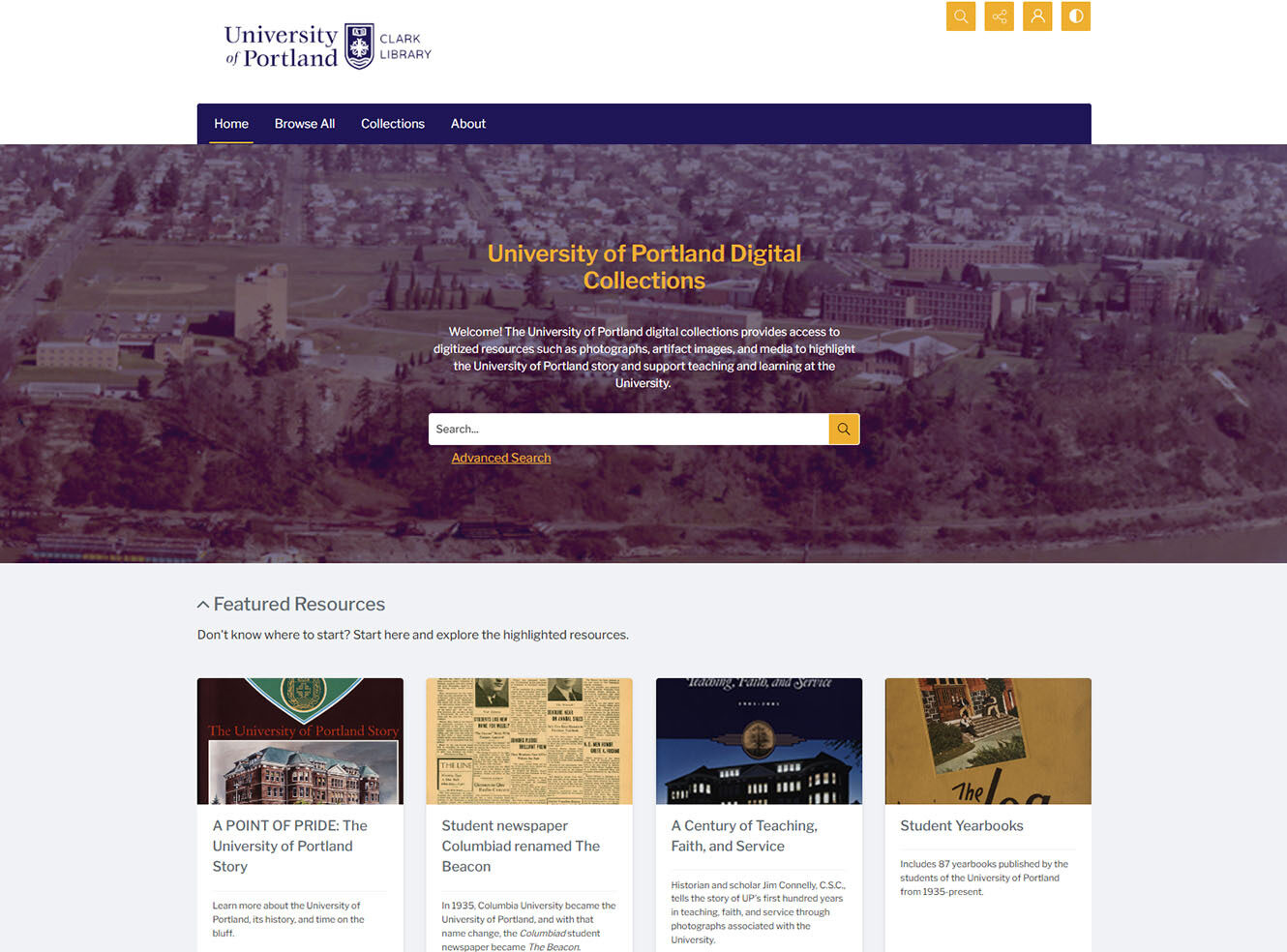
The University of Portland consolidated its digital assets and Scholarly Institutional Repository into a single, unified platform using AM Quartex, addressing inefficiencies and improving user experience. This transformation eliminated information silos, streamlined workflows and significantly enhanced the accessibility and discoverability of digital assets for both administrators and end-users.
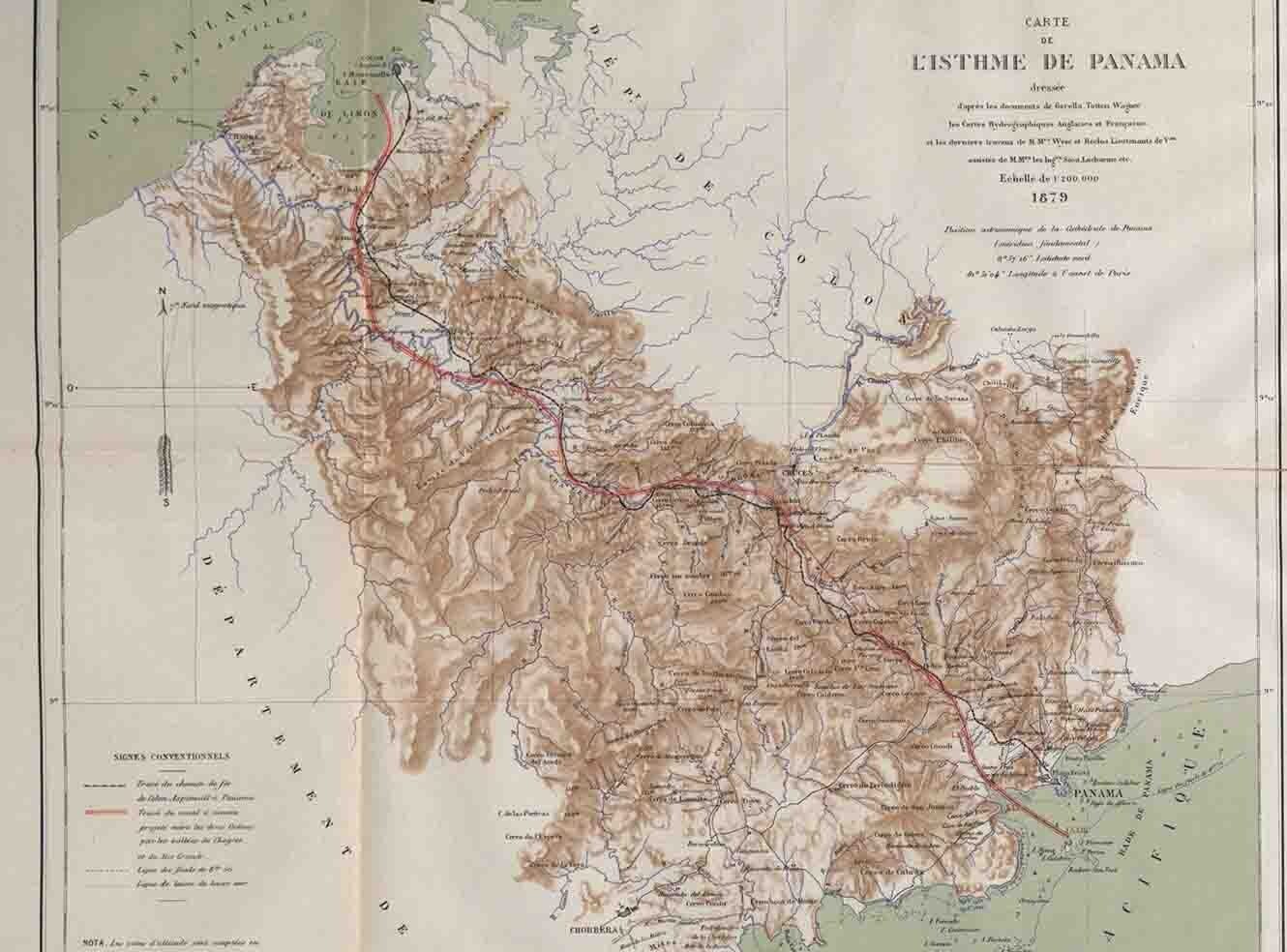
Professor María Cecilia Zuleta, a research professor at El Colegio de México (COLMEX) discusses how she has leveraged Confidential Print: Latin America found within the AM Archives Direct series. The resource has been key for the institution, advancing multidisciplinary research, allowing in-depth exploration of the links between foreign trade, economic modernisation, and the rise of fossil-based economies.
